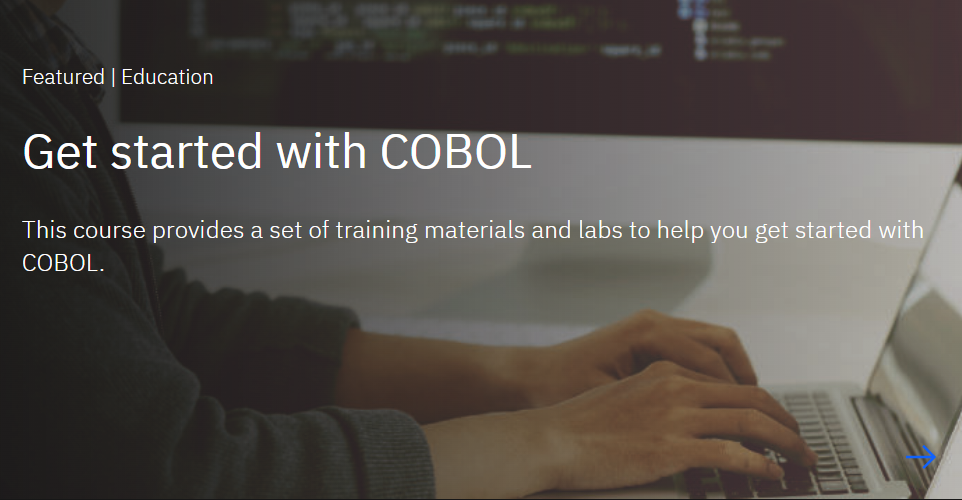First released in 1959, COBOL is one of the oldest programming languages in existence and is still widely used in critical programs across multiple industries. A February 2022 survey found that between 77.5 billion and 850 billion lines of COBOL code are still actively used every day.
However, while many organizations still rely on COBOL, the number of COBOL developers continues to decline. More worryingly, actual knowledge about how to build and build COBOL applications may also be gradually lost as existing COBOL developers retire and transfer. To meet this challenge,Startup Phase Change Software A new AI-driven tool under development called COBOL Colleague.
Steve Brothers, president of Phase Change Software, said that COBOL is not going away anytime soon; and told VentureBeat that the lack of COBOL developers is not the most fundamental problem. “The real underlying problem is understanding what the application does, because to effectively modify the code, you need to understand what the code does”. The ability to modify code is not enough, he adds, but knowledge about code is also required; a lack of knowledge about code is a problem in many programming languages, but especially for COBOL, who is in his 60s. serious.
Phase Change COBOL Colleague software takes COBOL source code and uses symbolic machine learning and static analysis techniques to convert the code into causal models. The model can then help organizations understand and maintain the code. COBOL Colleague is initially available for deployment in on-premises environments running on Linux.

It is worth mentioning that there are many development tools in the current market that claim to use AI to help developers improve efficiency, including the recently popular GitHub Copilot service. In this regard, Brothers said that the tool they are building is very different from GitHub Copilot. Copilot is designed to help developers write code, but it doesn’t help developers maintain code after it’s written. “We’re in the business of changing code, not creating code, and that’s one of the biggest differences.”
Phase Change Software did not take the typical machine learning approach for their AI tool, which requires training on a dataset. The reason is that when it comes to source code, it is not easy to get a source code repository large enough to be able to train.
Another challenge is path explosion. In code development, an operation can follow any number of different paths by using different “else” functions. Using the “else” function, the action can be changed based on different variables or conditions. As for the possibility of exploding training data paths, Brothers pointed out that the number of permutations is astronomical and therefore not feasible for typical machine learning training models.
“We solved this problem with artificial intelligence techniques built around symbolic machine learning, so there was no training dataset; the only input to our tool was the source code”. Symbolic AI is all about learning in a way that is closer to how humans reason about the world causally. Brothers explained that behavior in code is causal, with inputs and outputs.
While COBOL is Phase Change’s first target, the company says it plans to expand to support other programming languages in the future. “Software developers spend 80 percent of their time trying to figure out where they need to make modifications in their code. The steps to do this are the same regardless of the programming language, and that’s what we’re automating.”
#record #COBOL #codes #prevent #loss #relevant #knowledge #News Fast Delivery